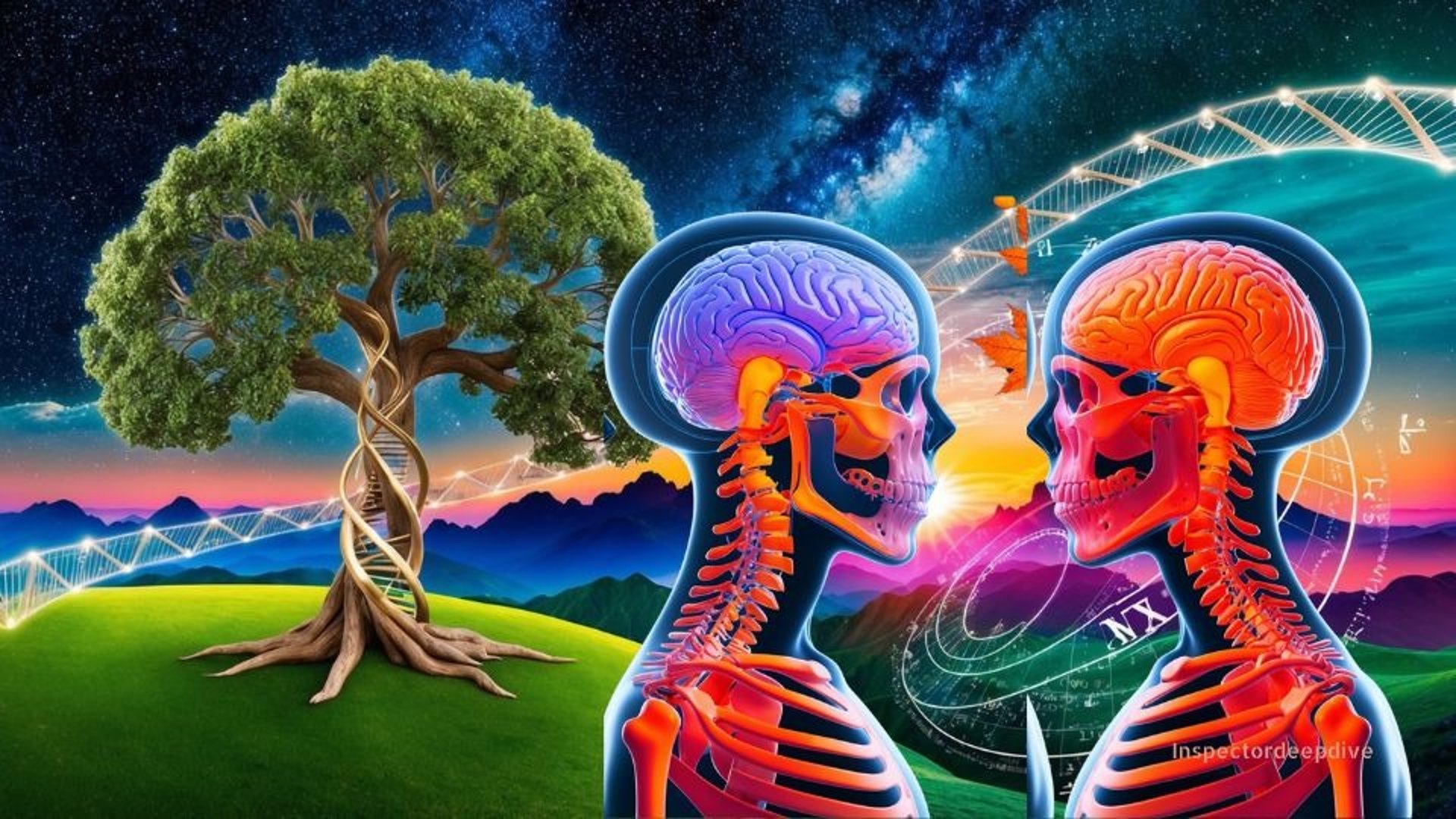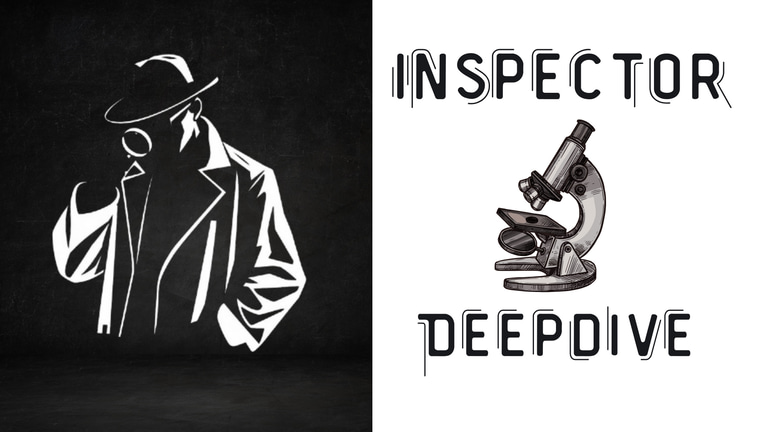"2025 Guide to Osteocalcin: How This Protein Fights Aging, Enhances Exercise, and Supports Brain Power"

Alright, let's get into the meat of it. Osteocalcin isn't your grandma's calcium supplement; it's a fascinating hormone produced exclusively by osteoblasts (the bone-building cells in your skeleton). For years, bones were seen as just structural support think scaffolding for your body. But recent research flips that script, revealing bones as an endocrine organ that pumps out hormones like osteocalcin to regulate distant parts of the body. Produced in the bone matrix, osteocalcin gets released into the bloodstream, where it acts like a multi-tool for health. While it plays a minor role in actual bone mineralization and density, its real superpower lies in influencing metabolism, brain function, fertility, and even how long you might live. As we age, osteocalcin levels drop (often starting around mid-life), which correlates with everything from memory fog to reduced exercise stamina. But the good news? Emerging studies suggest boosting it could be a key to healthier aging.
What Makes Osteocalcin So Special?
At its core, osteocalcin is a vitamin K-dependent protein, meaning it needs vitamin K to activate fully (more on that later). It's been studied since the 1970s, but the big breakthroughs came in the last decade. For instance, research from sources like Frontiers in Endocrinology describes it as a "versatile bone-derived hormone" that goes way beyond bones. Here's a quick rundown of its star roles, backed by science:
Bone Health and Beyond the Basics: Sure, osteocalcin helps with bone formation, but it's not the main player in preventing osteoporosis. Instead, it signals to other cells to balance bone resorption (breakdown) and formation. A 2023 study in Aging and Disease highlights how aging shifts this balance toward more breakdown, leading to frail bones and fat accumulation in bone marrow. Osteocalcin steps in to mitigate that, potentially reducing fracture risk as we get older.
Glucose Homeostasis and Metabolism: This is where it gets anti-aging exciting. Osteocalcin acts like an insulin sensitizer, helping regulate blood sugar and energy use. Mouse studies (like those in PMC articles) show it boosts insulin production in the pancreas and improves glucose uptake in muscles. For humans, low osteocalcin levels are linked to type 2 diabetes risk, and boosting it could mimic exercise-like benefits for metabolism.
Brain Development, Cognition, and Mood: Levels decline around mid-life, coinciding with memory dips and reduced exercise capacity. A ScienceDirect study on men across lifespans found osteocalcin influences neurotransmitter secretion in the brain, aiding memory and cognition. It's even tied to reducing anxiety and improving learning think of it as a natural nootropic from your bones.
Exercise Capacity and Muscle Strength: Ever feel like workouts get tougher with age? Osteocalcin might be why. It enhances muscle function and endurance, with research showing it promotes energy production in muscles during physical activity.
Male Fertility and Reproduction: In guys, it stimulates testosterone production in the testes, supporting sperm health. Studies in mice lacking osteocalcin showed fertility issues, hinting at its role in reproductive longevity.
Longevity and Anti-Aging Potential: Here's the "boomer" part you mentioned. Osteocalcin is being hailed as a longevity factor because it declines with age, and restoring it could extend healthspan (the years you stay healthy). A 2020 piece from Fight Aging! notes its drop around mid-life aligns with declines in memory, exercise, and more. Plus, it's linked to aspartic acid racemization in bones, which could even help forensic age estimation (cool side note from PubMed).
But is it really a game-changer for anti-aging? From the data, yeah it seems like a promising piece of the puzzle. It's not overhyped like some supplements, but it's grounded in solid research. For example, vitamin K insufficiency (measured via undercarboxylated osteocalcin) is associated with frailty in older adults, per a Frontiers study. Boosting it through diet or lifestyle could be a low-key way to fight aging.
Fresh 2025 Scientific Insights
Since we're in 2025 (current date: August 17), let's hit the latest updates from my web search. The Xandro Lab longevity newsletter dropped some gems in their January edition:
ADHD and Lifespan Link: Not directly osteocalcin, but it ties into aging adults with ADHD may lose 4-11 years of life expectancy, emphasizing brain health's role in longevity. Osteocalcin's cognitive benefits could indirectly help here.
Maternal X Chromosome and Brain Aging: New research shows the maternal X chromosome speeds up hippocampal aging, but reactivating silenced genes improved memory in mice. Osteocalcin's brain-protective effects might synergize with this.
RNA Molecule for Rejuvenation: Injecting miR-302b in old mice reversed aging signs, including better physical abilities echoing osteocalcin's exercise boosts.
Telomerase and Lifespan Extension: Overexpressing TERT (telomere enzyme) extended mouse life by 27% with better tissue repair. Osteocalcin could complement this by supporting bone and metabolic health.
SIRT3 Booster for Mitochondria: A new compound doubles SIRT3 efficiency, linked to longevity osteocalcin's mitochondrial ties make it a natural partner.
Coffee Timing for Heart Health: Morning coffee lowers death risk by 16-31%; osteocalcin's metabolic role might amplify these benefits.
Probiotics for Muscle Strength: Gut bacteria like Lacticaseibacillus restore muscle in aging mice pair this with osteocalcin for a full anti-sarcopenia combo.
Neuron Transport for Alzheimer's: Boosting KIF9 reduced plaques and improved memory in mice, aligning with osteocalcin's neuroprotective vibes.
These 2025 nuggets show osteocalcin fitting into broader anti-aging strategies, like NAD+ boosters or telomere therapies. Human trials are ramping up, but we're not at "osteocalcin pills for everyone" yet more like targeted supplements or lifestyle hacks.
How to Harness Osteocalcin for Yourself
Want to give it a boost? Focus on vitamin K-rich foods (leafy greens, fermented stuff) since it activates osteocalcin. Exercise, especially weight-bearing activities, ramps up production. Some studies suggest vitamin D and K supplements could help, but chat with a doc first. For longevity pros, keep an eye on clinical trials things like osteocalcin analogs might hit the market soon.
"2025 Guide to Osteocalcin: How This Protein Fights Aging, Enhances Exercise, and Supports Brain Power"
info@inspectordeepdive.com
© 2025 food.InspectorDeepDive.com. All rights reserved. Content may not be copied or republished without permission.
This article is for informational purposes only. InspectorDeepDive.com does not provide medical advice. Always consult a licensed healthcare provider before making dietary or health decisions.
